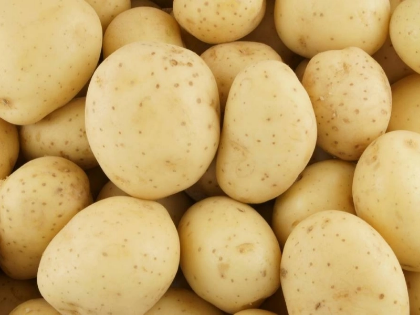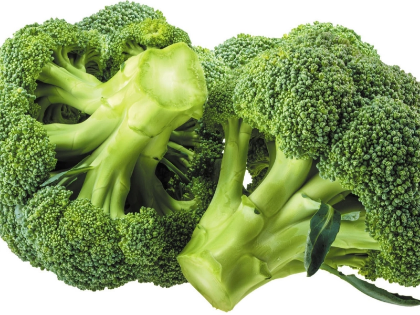Instead of high-calorie candy bars, consider fruits if you have a nighttime sweet tooth. Many fruits provide melatonin and other nutrients that aid in sleep, which can hasten the process of falling asleep.
A healthy bedtime snack that naturally induces tiredness by raising melatonin levels is sour cherries and tart cherry juice. Additionally, they offer the amino acid tryptophan, which increases the brain's accessibility to serotonin, a chemical precursor of melatonin.
Cherries
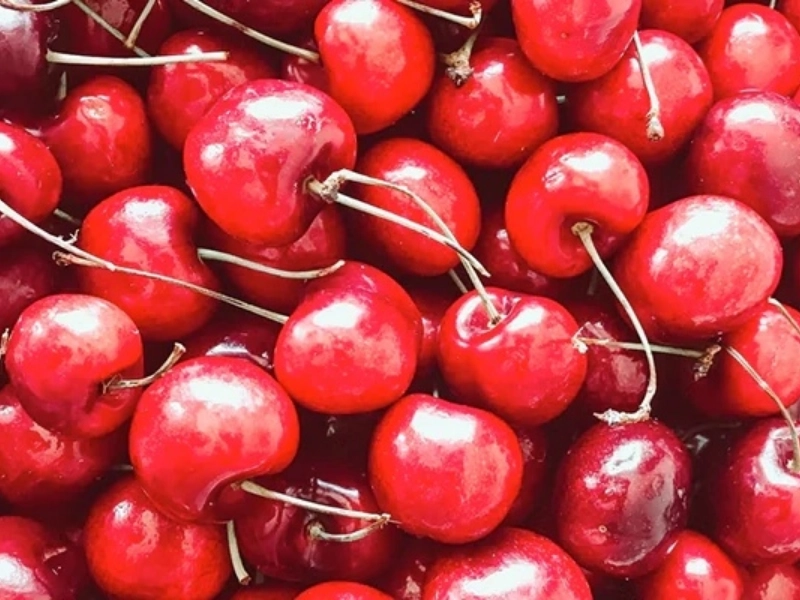
Advertisement
Tart cherries (and their juice) are rich in melatonin and procyanidin B-2, a phytochemical that facilitates tryptophan's passage through the blood-brain barrier and aids in sleep promotion. In fact, consuming 8 ounces of tart cherry juice every day can lessen insomnia and improve the quality of your sleep.
According to Shapiro, pineapples are among the best foods for promoting sleep because they increase melatonin levels and inhibit orexin, a neuropeptide that makes us feel alert. You can achieve a restful night's sleep by eating a cup of sliced pineapple or drinking a cup of melon-infused pineapple smoothie.
Choose water-rich fruits like kiwi, berries, and apples because dehydration can interfere with sleep. These can be consumed on their own or added to oatmeal or your preferred smoothie. Don't overlook the thirst-quenching melon, which has a good amount of potassium, calcium, and magnesium.
Honey
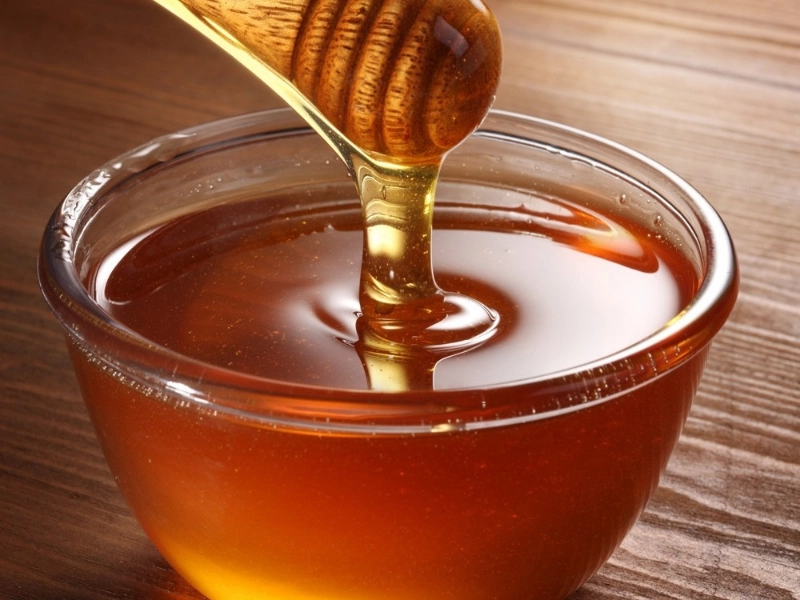
Fruit is a wholesome and delectable option, whether you're searching for a healthy snack, something to sate your sweet craving, or something that can improve your sleep. However, it's crucial to make cautious choices because some fruits can make it difficult to sleep.
Because they naturally contain melatonin, cherries are one of the finest fruits for sleep. Eating cherries or ingesting cherry juice can help encourage a longer and deeper slumber. A mug of hot water with lemon and honey is a great midnight beverage because honey increases melatonin and inhibits orexin, the neuropeptide that awakens us.
The high potassium content of bananas helps lower blood pressure and calm the body. Additionally, they contain tryptophan, an amino acid that aids in sleep.
Bananas
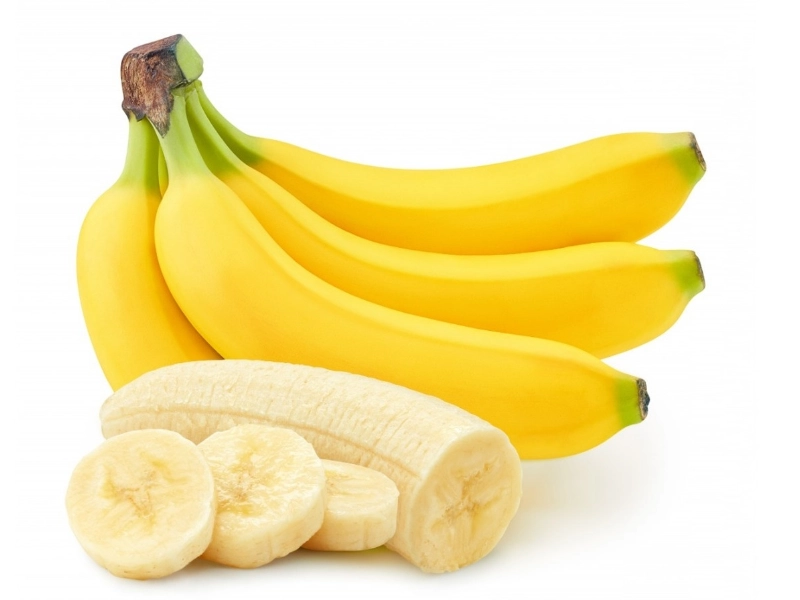
A ripe banana's potassium content, which helps muscles relax, makes it a wonderful food for aiding sleep. Serotonin, a precursor to melatonin, is also increased by it. It's crucial to remember, though, that eating a lot of sugary fruits late at night can result in a blood sugar rise and interfere with your ability to fall asleep.
Nutritionists advise eating a small banana dipped in a tablespoon of natural nut butter as a low-calorie, sleep-inducing treat in order to prevent this. One could also be blended with a cup of milk and a dash of cinnamon to create a creamy, protein-rich ice cream substitute that is both delicious and nutritious. Pineapple, another tropical favorite, is a great food for promoting sleep since it includes bromelain, which can aid in digestion and indigestion. The body's melatonin levels are dramatically increased by pineapples, according to new clinical crossover research.
Strawberries
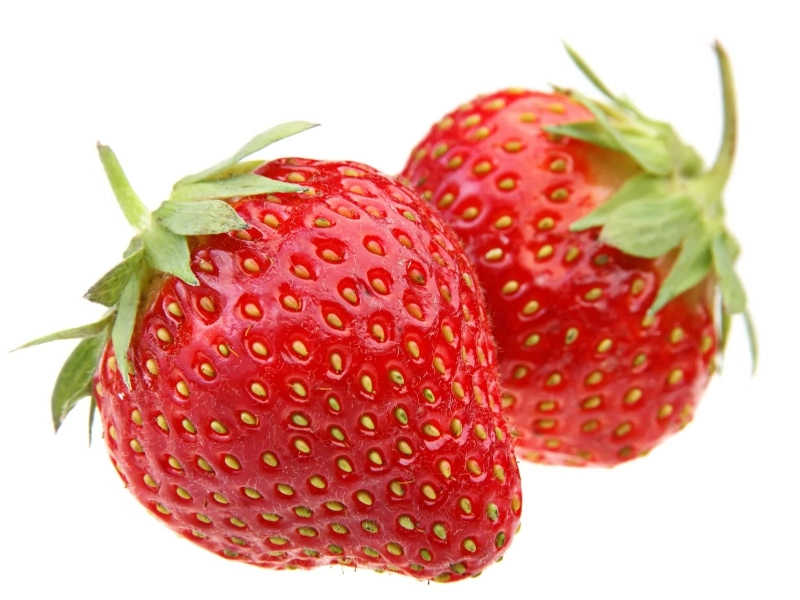
It is preferable to avoid eating a substantial meal several hours before bedtime because the body's digestive process might disrupt sleep. Fruits that contain compounds that promote sleep, such as melatonin and tryptophan, can be added to the diet to aid in the promotion of sound, restful sleep.
A cup of fresh strawberries has only 147 calories, making them a visually appealing snack. To add protein and ward off hunger for longer, try them with a spoonful of natural nut butter.
Pears, cottage cheese, and edamame are a delicious combination for a bedtime snack. The edamame delivers plant-based protein, while the casein protein in the cottage cheese aids in satiety and relaxation. It's also crucial to remember that fruits like kiwis, cherries, and bananas make wonderful nighttime snacks since they promote the production of melatonin, which aids in both falling asleep and staying asleep all through the night.
Melon
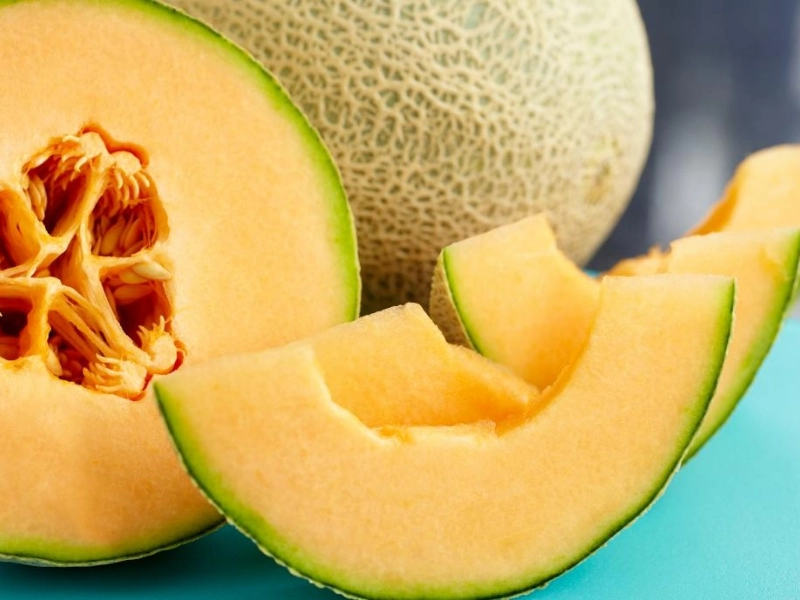
Melon is the greatest fruit at night because it has a high water content and few calories. It might lessen the heavy feeling that sometimes makes it hard to fall asleep.
Watermelon is an additional healthy choice, as it has a lot of nutrients and antioxidants that might help you sleep, such as lycopene and melatonin. This makes it an excellent option for people who have trouble getting adequate sleep because of sleep disturbances, according to Shapiro.
Cantaloupe and honeydew are other melon-rich fruits that are low in calories and high in water content. Pairing these fruits with foods high in protein, such as Greek yogurt and berries or low-fat cheese and a whole grain cracker, will help you feel fuller for longer.







